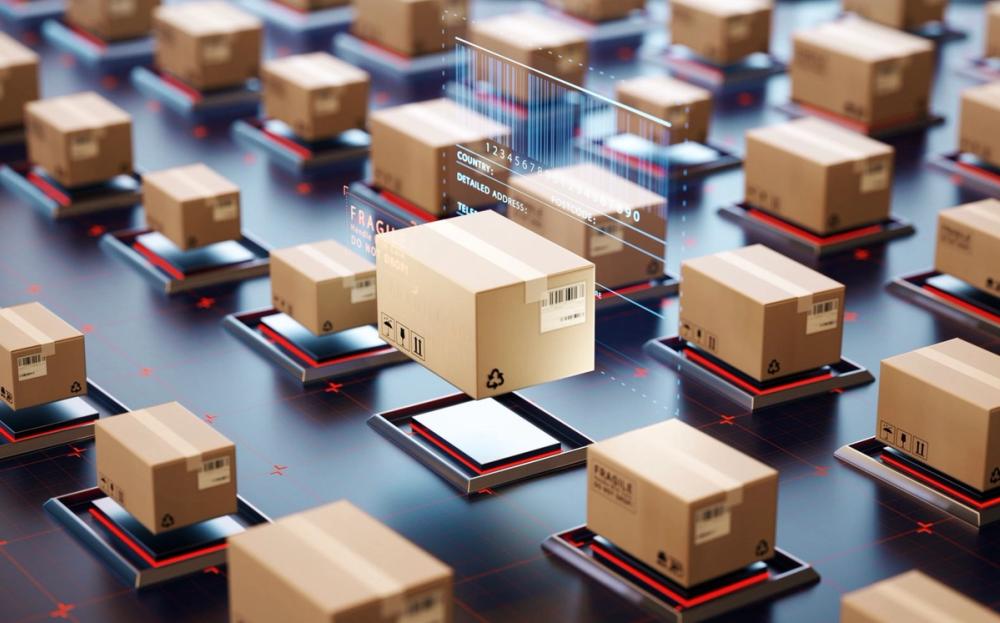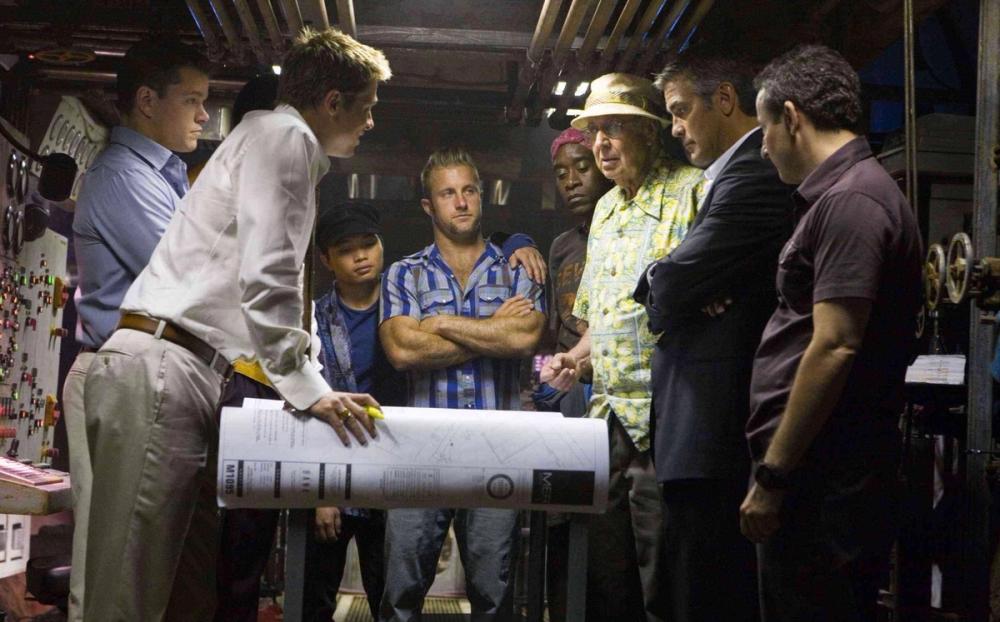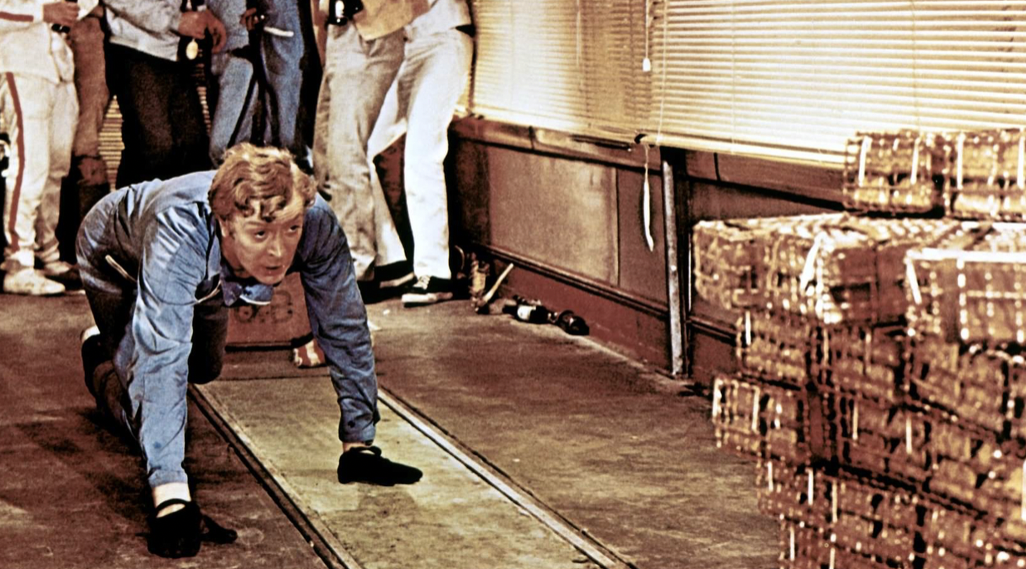Wine Owners works with wine businesses across the industry to ensure all stages of their supply chain are working effectively as possible – particularly their logistics operations – thanks to its Wine Hub platform.
Wine logistics, quite simply, is the cornerstone of a wine company’s success. It means dealing with a vast range of responsibilities, from managing import and export quotes, insurance of movements, shipping, landing of wines, reconciling arrivals, dealing with split orders, fulfillment of sales orders, relationships with private and trade customers, private client reserves management, relationships with warehouses, and other transit or handling issues such as breakages.
These diverse responsibilities demand a range of core skills, attention to detail, numeracy, and ability to multitask.
In a rather large nutshell, being in wine logistics involves wearing multiple hats, multi-tasking, proactively communicating with other logistics specialists, suppliers and customers, delivered with the patience of a saint.
Soft skills are vital to support or enhance the reputation of business, both within supply channels and customer groups. A pragmatic approach served with a deft diplomatic touch is required to handle demanding customers, whether buyers and sommeliers or private clients.
Typically account managers are seen as the custodian of customer service and customer satisfaction. In wine, however knowledgeable and proactive account managers are, that will count for nothing if management of logistics isn’t top drawer.
An experienced and competent logistics specialist is the beating heart of a wine business, and like a mechanical watch movement, needs to coordinate a lot of interconnected tasks for the efficient operation of the overall business.
That’s by no means a given, especially with the tightening of the supply chain and the related increases in distribution costs that have occurred over the past two to three years. Those challenges are increasing the logistics workload, whereas logistics departments are not being expanded. So how can hard-pressed logistic teams deliver more than ever with the same resources? Before we answer that question, let’s have a deeper look under the hood.
Wine Logistics: The Challenges

Do you have the logistics skills in your business to get the job done?
Product data
Wine logistics entails an incredible amount of product information: product values, product codes, reserve codes, rotation numbers, and so on.
Everything along the process of managing an order requires the logistics manager to search, track, re-enter, correct, reconcile, whether within their own system (or spreadsheet), or when working with warehouse or shipping companies. Then there’s the question of keying in all that product information with absolute consistency so as not to introduce duplication, or to avoid magnifying errors created when wine lands at a warehouse. Time is wasted, mistakes are made, extra costs get incurred.
Decentralised information
Decentralised information is a massive barrier to effective communication between logistics and sales (and as a result your clients).
Take a simple sales order: did the client receive the invoice? Was it paid? The wine now needs to be transferred between your storage and the client’s preferred warehouse. Has the transfer been instructed and when? Has the wine already landed? What’s the new rotation number? Has your own inventory been updated?
How much back and forth between spreadsheets, unadapted systems and email threads did your team have to accomplish to find the answers to these questions, and how long did it take to get back to your client?
The lack of centralisation of processes and order information means slow communications between logistics and other departments.
Manual Processing of Orders
Logistic managers often have to use more than one system (and in many cases multiple spreadsheets) only to process one order.
“If someone wants to request wine to be withdrawn from their reserves for consumption, it takes three different systems to process the one order, which makes the whole process twice as long, if not more,” explained a logistics manager we spoke to in confidence. “This includes having to (manually) calculate duty and VAT.”
Everything takes too much time, with too many places to look into, and with manual processing comes an increased risk of errors.
Warehouse reconciliation

Logistics is all about getting what you need in the right place at the right time
Typically, the biggest bottleneck is stock landing. With more than one warehouse in play; grouped orders held in warehouses overseas; and transfers between warehouses in different countries, keeping a manual tab on what’s where at any point in time isn’t straightforward.
Movements have been made harder with the aforementioned logistics backlog. Transfer times have increased and there’s more pressure booking landing slots.
Sales peak
When movements increase with seasonal events, it puts extra pressure on the team. Stock releases and additional invoicing are time consuming.
Covid lockdowns cranked up the pressure on fine wine logistics teams because clients switched from primary market releases for future drinking to regular deliveries of ready to drink bottles. All the wine spent in restaurants got converted to drinking wines in the home. For some businesses the lockdowns resulted in a giant, sustained wave that was the equivalent peak of multiple Christmases or Chinese New Years, back-to-back.
Some processes within the mix are by their nature rather more complex, for example when stock that’s not been physical, as in the case of en primeur, arrives and needs reconciling concurrently with managing the stock release peak.
What’s the solution?
So back to the question, how can hard-pressed logistic teams deliver more and better with the same resources? The answer is just three things, which may at first look appear to be a big deal, but today are easy-to-implement:
Automate and streamline your processes
Ditch the spreadsheets. Adopt a single business management system. If it’s underpinned with a fit for purpose, industry-specific database and a referential products database, that immediately reduces duplicates, variation and makes reconciliation processes so much easier. Then embedded automation and workflow management makes order processing vastly more efficient, minimising the risk of errors.
Streamlining and automating processes allows logistics to manage clients and sales managers’ expectations, resulting in improved internal communication and better customer service. That demands an integrated approach to purchasing/ sourcing, selling, managing suppliers and customers.
That same integrated approach implies views, reports and notifications that makes collaboration across teams within the business smoother and properly joined up.
Be the Master of your inventory

Getting your logistics right takes careful planing and your whole team working together
Keeping track of wine inventory is the most fundamental of requirements for a wine business. That means mastering your inventories and stock management centrally, and embracing data mastering as a core competency. Future arrivals on purchase orders need to be able to link to sales orders without requiring awkward workarounds. In a world of multiple sales channels and fragmented audiences, the master of your stock needs to be able to feed a variety of sales channels; orchestrating the allocation of stock concurrently through those different channels. Whether stock is at your warehouse or yet to arrive.
To do that requires a single version of the truth: and that’s what data mastering is.
In the case of physical inventory, stock in the warehouse should be reconciled against your master (of inventory), and discrepancy reporting will highlight variation between the purchase order or shipping advice and what actually arrived, or errors in wine descriptions when wine was inventoried upon landing.
Warehouse reconciliation and the reporting of discrepancies, whether initiated by a user or automatically by the system, makes sure that supplier differences or landing errors are resolved early, thus saving time and minimising the potential for downstream problems.
In the case of pending stock, or importer feeds of their catalogs, that also means being able to track statuses, due dates, arrivals, transfers and deliveries.
Which team is best placed to be the flag bearer of data mastering? You guessed it, logistics.
Measure your success
There are known knowns, known unknowns, and unknown unknowns. Sometimes the library of standard reports that you use to measure your business aren’t enough, especially when you’re looking to continually improve how you do things.
With everything going on in logistics, there’s nothing like formalising measures of success, and nothing like impressing business owners with a breakdown of all the aspects of being logistics with reflected in reports and graphs.
How to make it happen
The easy platform choice for automating, streamlining and mastering is the Wine Hub from Wine Owners.
The Wine Hub manages all your inventory, no matter the type or status, with purchasing and sales processes and workflow management that are deeply connected to inventory management.
The Wine Hub is designed for the business of wine (and spirits) with a database design that’s defined by the industry for the industry, and with a vast referential product database mapped to Liv-ex’s LWINs, all of which simplifies and speeds up data entry; streamlines the management of online sales channels; minimises errors, and enables uploading of product lists or catalogs, inventories and customer stored wines using advanced proprietary processing and matching software.
The Wine Hub measures and reports on your operations, with a report generator that can build a specific report with parameters of your choice, a powerful tool for logistics who are looking to put in place measures of success and track their progress against those benchmarks.
Operational heroes

Who are the logistics stars in your business?
Logistics deliver serious value within a wine business. Well-organised logistics means cost savings, improved operating efficiency, successful inventory management, and consistently high customer satisfaction levels.
All of which has a direct bearing on sales and net profit. An irrefutable set of reasons to recognise and celebrate logistics and provide a career path into operations management or continuous business improvement.
Over the next decade, the role of the wine merchant/ retailer is going to come under fresh challenge and scrutiny like never before.
DTC, utility NFTs, blockchains may seem like snake oil, but once operational challenges are worked out, these could turn out to be essential building blocks that facilitate further shifts to producer-direct-to-consumer – and could even introduce new secondary markets which dis-intermediate. Demonstrating how efficient you can be as a sales and advocacy channel for producers will justify and safeguard the value you genuinely create for them.
Logistics needn’t be a path into a sales role. Wine and spirits businesses need some of the smartest people within the operational side of the business. Because logistics are so well networked with each other between businesses, they learn quickly from each other and figure out best practice quickly. We’d love to see the discipline recognised with an industry qualification or certification, but in the meantime we’ll be a cheerleader for the beating heart of a wine business.
- For further information on Wine Owners and the Wine Hub click here.
- Wine Owners is a supplier partner to The Buyer.






























